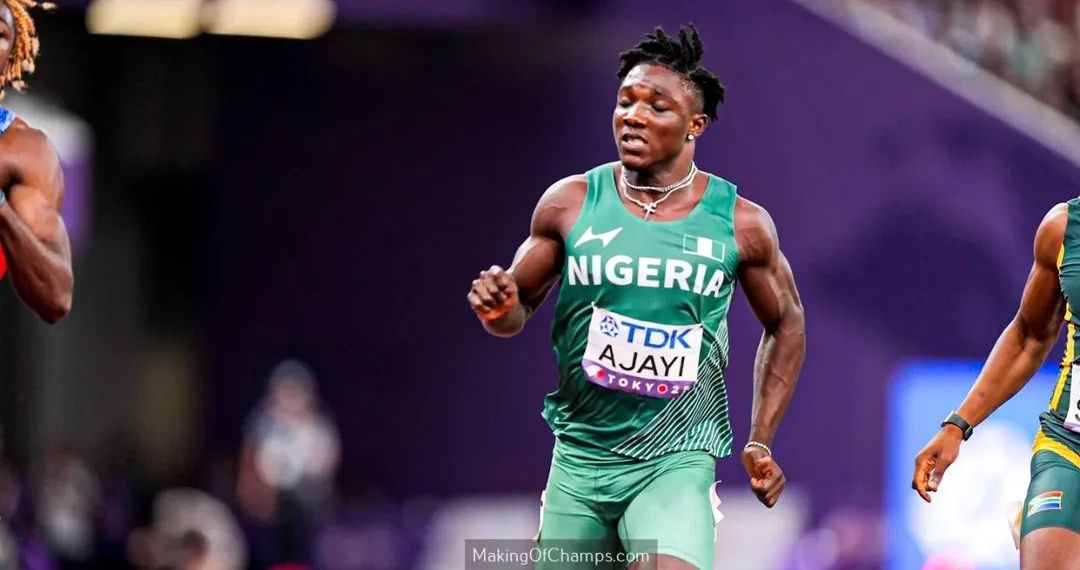England’s Stunning Display in Belgrade: A Night to Remember for African Football Fans
For football fans across Nigeria, Ghana, and the wider West African community, a recent night in Belgrade offered both spectacle and insight into top-level international football. The spotlight was on Thomas Tuchel, England’s head coach, who was reportedly under pressure before guiding his team to what commentators are describing as a transformative victory in their World Cup qualifying campaign, according to match analysts and multiple sports outlets.
Ahead of the fixture, local viewing centres in Lagos and Accra buzzed with excitement: England needed not only a positive result, but also a compelling performance to quell doubts that had followed Tuchel into the Serbian capital. Many local fans, echoing global sentiments on social media, expressed both skepticism and cautious optimism as they gathered to watch the Three Lions face Serbia.
From the first minute, however, England seized control. Observers from BBC Sport and other international publications reported that the English side dominated possession, setting a relentless pace that left Serbia looking unsettled. The match was noteworthy not just for its result—England emerged victorious by a comfortable margin—but also for the quality of their play, which many fans argued represented a turning point in Tuchel’s tenure.
Tuchel’s Tactical Shift Delivers Results
Tuchel, often praised for his strategic acumen by former Premier League players-turned-pundits, reportedly made a key selection decision: opting for Morgan Rogers in the creative midfield role instead of Eberechi Eze, who has Nigerian roots. Football analysts suggested that this move brought a fresh spark to England’s attack. According to The Guardian, Rogers justified his coach’s faith by providing a standout assist to Noni Madueke, another player of African heritage, who expertly finished to double England’s lead.
Harry Kane, England’s captain, wrote another chapter in his remarkable international career by scoring his 74th goal for his country. This historic moment was widely celebrated by African fans, many of whom follow Kane’s exploits in the Premier League, often drawing comparisons to Nigerian strikers of the past and present.
Defensively, Ezri Konsa and Marc Guéhi, both with African heritage, gave commanding performances and each netted their debut international goals. As reported by Sky Sports, Guéhi’s defensive prowess particularly impressed analysts; his one-on-one duels evoked praise from commentators who noted his composed style and disciplined approach.
Serbia’s Troubles on and off the Pitch
It was, however, a troubled night for Serbia. According to Reuters, the hosting side struggled to build momentum and were further hindered when Nikola Milenkovic was shown a red card for a last-man foul on Kane midway through the second half. Local Serbian media reported that their national team’s head coach, Dragan Stojkovic, came under fierce criticism from both press and fans as chants of disapproval echoed in the stands.
Observers highlighted that tensions extended beyond the field. Allegedly, there were clashes among some supporters in the stands, prompting police intervention to restore order, according to Serbian public broadcasters. Scenes like these, while unfortunate, provided a stark reminder of the pressures facing national teams and coaches during challenging periods—an experience that African national teams and supporters could relate to, especially during heated qualifying campaigns.
Game Management, Youth Talent, and Fans’ Delight
Despite the off-field distractions, England’s focus did not waver. Their ability to manage the game’s tempo drew applause from fans in the stadium and across viewing centres worldwide. According to independent sportscaster comments, travelling English supporters, along with many neutrals watching from Africa, enjoyed a rare, tension-free performance from a side not always known for such calm under pressure.
A notable highlight came when Marcus Rashford, representing England and of West African descent, came off the bench to convert a penalty and secure the final goal. Djed Spence, making his debut, was introduced in the closing moments. Such inclusions have continued to foster a growing connection between English football and African fans, who often cheer for players with shared roots or heritage.
Context for Nigerian and West African Fans
The prominence of players of African descent—and those with Nigerian backgrounds—in the English setup has not gone unnoticed in Nigeria and West Africa. Football forums and radio shows in Lagos, Abuja, Accra, and Kumasi were alight with discussions about the prospects of young talents like Eze, Guéhi, and Rashford. Many fans expressed pride in the representation and excellence displayed at the highest level, while also reflecting on the ongoing efforts by national federations to attract dual-eligible players to the Super Eagles and Black Stars.
Critically, this connection fuels debates about football development pathways in West Africa versus Europe, resource allocation, and the role of diaspora players in shaping the profile of African teams. According to football development experts cited by DW Africa, stronger links between local academies and international clubs could drive growth for both individual careers and national squads.
Global Perspectives: What England’s Win Means for the World Cup Race
Internationally, England’s dominant win has positioned them as favorites in their qualifying group, based on points tallies and analysis by UEFA correspondents. The result serves as a warning to rival teams, including those from Africa who may face England in potential World Cup fixtures. As Nigeria and Ghana gear up for their own qualifiers, many coaches and football administrators are reportedly studying Tuchel’s methods with interest, seeking lessons applicable to their squads.
Meanwhile, the Serbian camp has entered a period of introspection. Local footballing authorities, as quoted in Novosti, have called for unity and patience as they rebuild. Some pundits argue that Serbian football, like many African federations, faces challenges related to management, funding, and fan engagement—a reminder that success in international football often stems from more than just talent on the pitch.
Looking Ahead: Lessons for African Football
Beyond the final scoreline, the events in Belgrade offer timely lessons for the West African football community. From managing external pressures to integrating emerging talents, England’s approach under Tuchel provides potential blueprints for national teams across the continent, as noted by sports analysts on SuperSport and local blogs like Naija Football Talk.
Suggestions for visuals:
- Photo of English and Serbian teams lining up before kickoff (credit: Getty Images)
- Image of Morgan Rogers and Noni Madueke celebrating a goal (credit: AP Photo)
- Illustration map showing West African footballers in European teams
- Photo of a viewing centre in Lagos with fans wearing Nigeria and England jerseys (credit: local photographer)
Looking forward, local fans continue to follow the fortunes of dual-heritage stars and debate how success stories abroad can inspire change at home. As the road to the next World Cup unfolds, there is cautious optimism—and an appetite for further youth representation, modern coaching methods, and robust footballing structures throughout the region.
What strategies from England’s recent performance do you think West African teams can adopt? Have local teams done enough to integrate young dual-heritage stars? Share your thoughts and let’s continue the conversation.
Food inquiries: food@nowahalazone.com
General support: support@nowahalazone.com
Story sales/submissions: story@nowahalazone.com
Follow us on Facebook
Follow us on X (Twitter)
Follow us on Instagram










